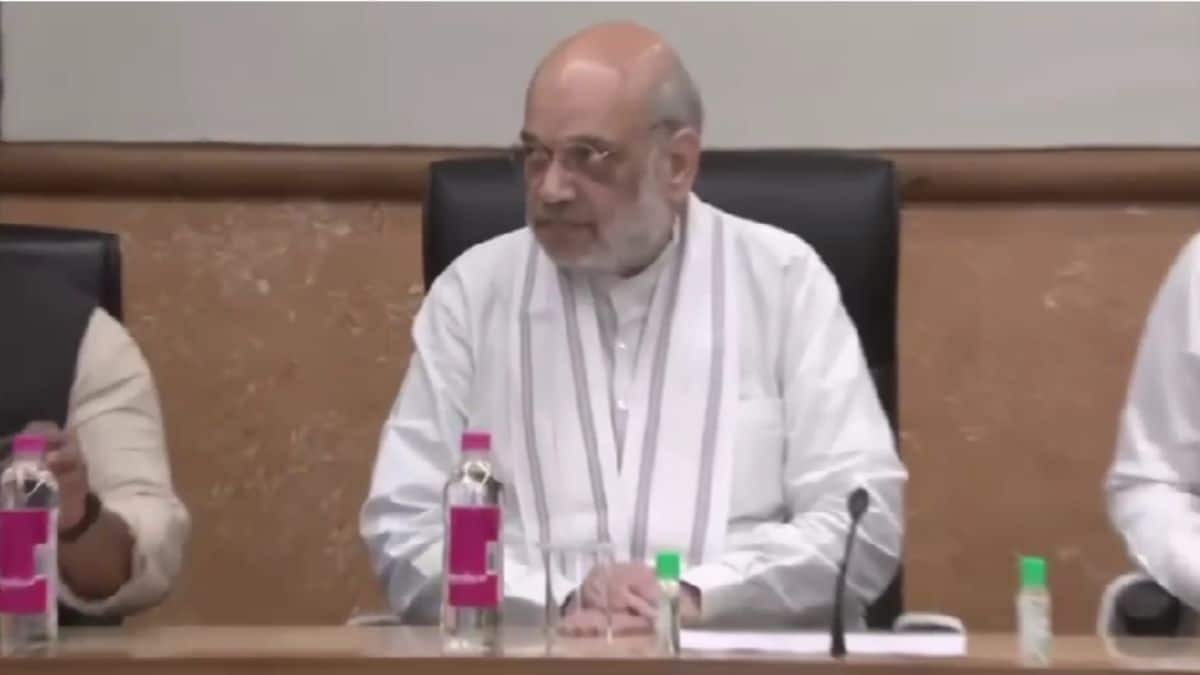India and China are at loggerheads over the border issue, with the center of the latest standoff being the border along the state of Sikkim. Beijing and New Delhi are
engaged in a diplomatic standoff in the Doka La area near the Bhutan Tri-Junction for the past 20 days after a Chinese army’s construction party came to build a road in the region. Bhutan is also engaged in talks with China over the resolution of the area. However, Bhutan has no diplomatic ties with China and it is supported militarily and diplomatically by India. While India blamed China’s aggressive road building for the crisis, Beijing, on the other hand, criticised New Delhi for “misleading the public” over the issue, and claimed that Indian troops were transgressing into the Chinese territory. The ongoing border dispute has affected the
Kailash Mansarovar yatra after China closed the Nathu La pass in Sikkim for 50 pilgrims. The Chinese foreign ministry added that the pass would open only after Indian troops “withdraw” from Chinese territory. [caption id=“attachment_3781605” align=“alignleft” width=“380”] Jawaharlal Nehru was a supporter of better ties with China. AFP[/caption] On Wednesday, China accused India of
"trampling" on the Panchasheel principles and asked New Delhi to “correct its mistakes” as soon as possible by pulling back troops. “Troops should be pulled back as soon as possible to demonstrate the sincerity to improve bilateral ties so as create conditions for the normal development of bilateral relations,” Gen Shuang of the Chinese foreign ministry said on Wednesday. “I want to point that the relevant actions by the Indian side violated the purposes and principles of the UN Charter in defiance of the international law and international norms. As we all know in 1950s China, India and Myanmar proposed the five principles (Panchsheel) of co-existence,” Shuang added. Panchsheel, a set of five principles of peaceful co-existence, are a series of principles which have formed the bedrock of the relationship between India and China. Their first formal codification in treaty form was in an agreement on trade and intercourse between Tibet Region of China and India, signed by Indian prime minister Jawaharlal Nehru and Chinese premier Zhou Enlai on 29 April 1954. The five principles are:
- Mutual respect for each other’s territorial integrity and sovereignty
- Mutual non-aggression
- Mutual non-interference
- Equality and mutual benefit
- Peaceful co-existence
According to the Ministry of External Affairs, “At that time, the two prime ministers also expressed the hope in the joint statement that the adoption of Panchsheel will also help in creating an area of peace which as circumstances permit can be enlarged thus lessening the chances of war and strengthening the cause of peace all over the world.”
Panchsheel was later incorporated into the Ten Principles of International Peace and Cooperation enunciated in the Declaration issued by the 1955 Bandung Conference. The universal relevance of Panchsheel was emphasised when its tenets were incorporated in a resolution on peaceful co-existence, which was unanimously adopted on 11 December 1957 by the United Nations General Assembly.
Panchasheel was set to expire after eight years. However, with China entering into a conflict in Tibet and border tensions with India rising in the late 50s and early 60s, the relevance of the principles came to be questioned. The final nail in the coffin was the brief 1962 war, when the Chinese invaded North East India. After the war, the relations between the two countries remained in cold storage until the then foreign minister Atal Bihari Vajpayee made a path breaking trip to Beijing in 1979. However, China continued to invoke the five principles whenever it had to deal with diplomatic issues with other countries. An op-ed in The Telegraph noted how En Lai urged the Soviet Union to stabilise bilateral ties based upon the five principles of Panchsheel. A 2014 report in The Indian Express stated that many Indians have ambivalent view of the treaty, with many terming it an example of Nehru’s idealistic foreign policy. The report, which was published to commemorate the golden jubilee of the Panchsheel agreement, also noted that both countries breached the principles more often than actually adhering to them. China and India have blamed each other for meddling in internal matters, keeping with the changing geo-politics in the region. Another editorial in The Indian Express called the principles mere symbolism, which has been paid “lip service” by successive Indian governments. The op-ed urged then newly-elected Modi government to change the course of the relationship with China and abandon the ritualism and symbolism — pointing out the redundancy of the Panchsheel. With inputs from PTI


)

)
)
)
)
)
)
)
)



